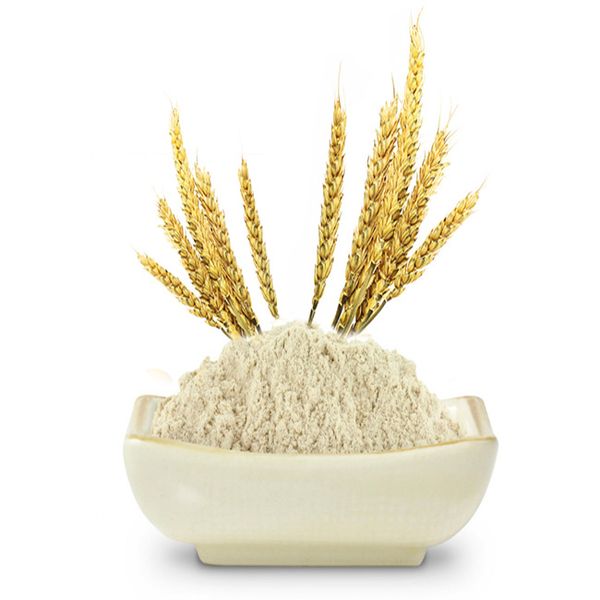Rice protein is usually made from brown whole grain rice by treating it with enzymes and that causes the protein to separate from carbohydrates.
When making rice protein whole grain brown rice (sprouted or nonsprouted) is being ground up or minced to powder and then mixed with water. After that natural enzymes are being added one after the other to break up and separate carbohydrates and fibers from the protein portion of the mass. Because the process is enzyme based temperature is being kept low in order to maintain enzyme activity at a high level.
Low temperature and chemical free processing prevent protein from denaturing which is usually being seen with the processing of soy and milk products.
Rice protein is easily digestible protein isolate which is an excellent alternative for more common whey and soy protein. Absorption speed of rice protein is average when the fastest is hydrolyzed whey protein and slowest is casein from milk.
The protein content of a rice protein in the end product is 70-90% (protein content of normal boiled rice is only 5-7%).
Some manufacturers have developed a fermentation process where rice grains are first sprouted, which will add all nine essential amino acids to the rice protein end product.
Sprouting increases nutrient levels by hundreds of percent and puts vitamins and minerals to “living” form when rice grain enzymatic activity begins to function.
Amino acid profile of normal non-sprouted rice is not that great but sprouting increases its amino acid profile.
When rice grain sprouts its biochemistry changes amino acid profile so that protein becomes a more complete protein source. This increases especially lysine, which has a low concentration in a traditional non-sprouted rice protein.
Main advantages of rice protein:
1.Rice protein is hypoallergenic. It is much less allergenic compared to animal proteins or soy protein.
2.Rice protein is highly digestible. It does not irritate the stomach and is suitable for even the most sensitive stomach.
3.Rice protein does not cause intestinal gas like whey protein does for many people.
4.Rice Protein is a good option if you suffer from digestive canal problems (such as irritable bowel syndrome), food allergies or lactose intolerance.
In studies, rice protein has been found to work as well as whey protein with bodybuilders and people who go to the gym as long as the dose is sufficient (48 g in that study) so that the body can get enough anabolic amino acid leucine.
In summary, researchers noted that post-exercise whey or rice protein intake increased body’s fat-free mass, muscle strength and muscle hypertrophy as well as reducing fat from the body. Both proteins, whey and rice protein worked equally well and there was no difference between them.
Post time: May-28-2020
